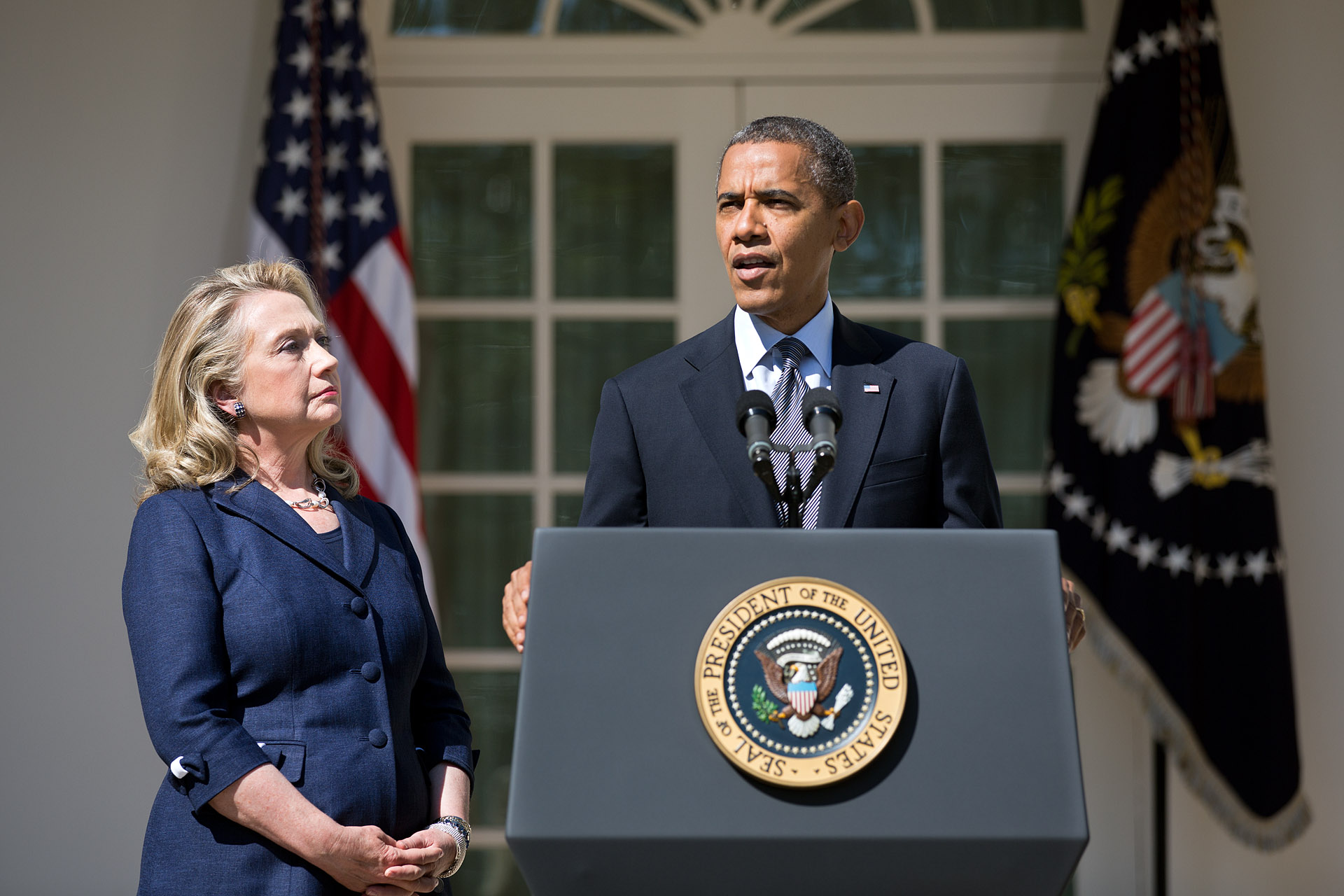Authors:
Historic Era: Era 10: Contemporary United States (1968 to the present)
Historic Theme:
Subject:
February/March 2021 | Volume 66, Issue 2


Authors:
Historic Era: Era 10: Contemporary United States (1968 to the present)
Historic Theme:
Subject:
February/March 2021 | Volume 66, Issue 2

On January 15, 2017, five days before he left the presidency, Barack Obama proclaimed, “I’m proud of the fact that, with two weeks to go, we’re probably the first administration in modern history that hasn’t had a major scandal in the White House.” Scandals of the magnitude of the “Great Barbecue” under President Ulysses S. Grant, Teapot Dome under Warren G. Harding, Watergate under Richard M. Nixon, or Iran-Contra under Ronald Reagan did not rock the Obama administration.
Prosecutors indicted only two officials who served in the administration or in Obama’s presidential campaigns. In both cases, the infractions occurred after the officials’ service in government had ended and had no relation to their official duties.
In 2015, more than two years after he resigned as CIA Director, David H. Petraeus pleaded guilty to providing classified information to his intimate partner, who was writing a biography of him. In 2016, General James E. “Hoss” Cartwright, whom President George W. Bush appointed Vice Chairman of the Joint Chiefs of Staff and Obama reappointed, pleaded guilty to falsely denying to the FBI that he had discussed classified information with reporters. The transgression occurred in 2012, a year after Cartwright’s retirement.
As candidate and president, Obama was sufficiently free of personal scandal that his political opponents invented a pseudo-scandal, based on the lie that he was a fraudulent president born outside the United States. Critics have also focused on some alleged scandals that erupted during Obama’s eight years in office.
Benghazi
The Benghazi scandal involved the killing of J. Christopher Stevens, the U.S. Ambassador to Libya, and three other Americans in two diplomatic compounds in Benghazi, Libya. Stevens was the first U.S. ambassador killed overseas in the line of duty since Adolph Dubbs, the American ambassador to Afghanistan in 1979. The Benghazi controversy exploded during the presidential campaign of 2012 and purportedly implicated President Obama tangentially and his high-profile Secretary of State Hillary R. Clinton directly. What could be considered a political issue and an argument about wise or unwise policy and action instead mushroomed into a battle over the conduct of administration officials, who allegedly failed to protect American diplomats and who misled the American people about the origins of the Benghazi attack.
In March 2011, the United States intervened in a civil war in Libya to back the rebels opposing dictator Muammar Gaddafi, who had ruled the country since 1969. America’s military engagement ceased before the year’s end, when rebels toppled Gaddafi’s government. However, absent any central authority, Libya descended into chaos, with bands of armed militias operating without check across the land.